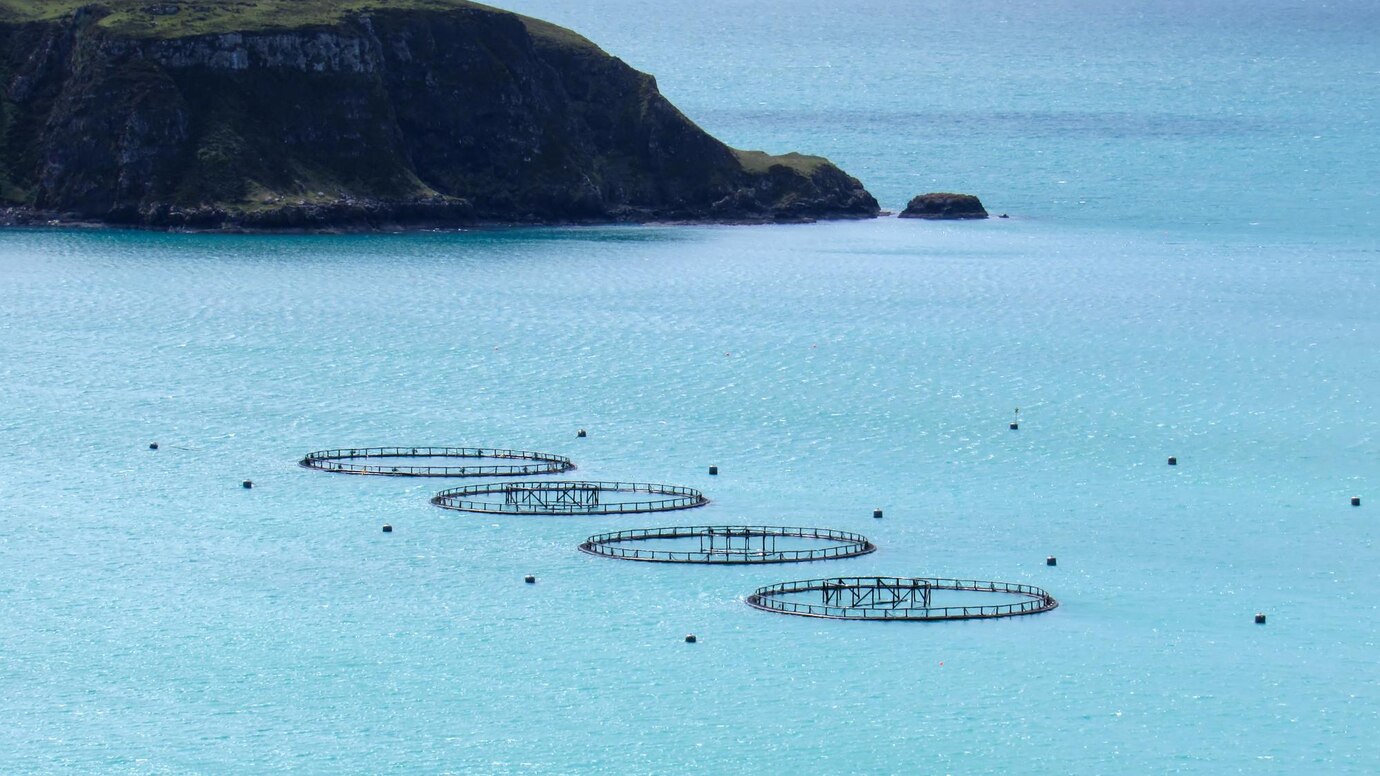
Journal of Aquaculture and Environmental Impacts aims to advance the understanding of aquaculture practices and their environmental consequences by providing a high-quality platform for research and discussion. Our goal is to enhance the sustainable development of aquaculture systems and mitigate their ecological impacts through the dissemination of innovative research, evidence-based practices, and interdisciplinary collaboration.
All the manuscripts published by Journal of Aquaculture and Environmental Impacts undergo rapid, quality, and quick review processing by eminent editorial and review team maintaining high standards and ethics of publishing.
The scholarly content published online will be freely available to every reader anywhere in the world to read, download, copy, reuse and distribute, provided that the original work is properly cited.
Authors may submit their valuable work either via the online submission form or via email to the editor’s office at submissions@asterpublications.com, aquaculture@asterpublications.com
Instructions for Authors
Scope of the journal
Journal of Aquaculture and Environmental Impacts covers a broad range of topics related to aquaculture and its interactions with the environment, including but not limited to:
Sustainable Aquaculture Practices: Research on methods and technologies for enhancing the sustainability of aquaculture operations, including feed management, resource efficiency, and waste reduction.
Environmental Impacts: Studies on the ecological effects of aquaculture on surrounding environments, including water quality, habitat alteration, and impacts on local biodiversity.
Aquaculture Systems: Investigations into various aquaculture systems such as pond culture, recirculating aquaculture systems (RAS), and offshore aquaculture, including their environmental and economic implications.
Disease Management and Biosecurity: Research on the management of diseases in aquaculture species, including strategies for preventing outbreaks, controlling pathogens, and improving biosecurity measures.
Genetics and Breeding: Studies on the genetic improvement of aquaculture species, including selective breeding, genetic diversity, and the use of biotechnology for enhancing performance and resilience.
Nutritional Requirements: Research on the nutritional needs of aquaculture species, including feed formulation, alternative feed ingredients, and the impact of nutrition on growth and health.
Climate Change and Aquaculture: Investigations into the effects of climate change on aquaculture systems, including temperature variations, ocean acidification, and changes in species distribution.
Regulation and Policy: Studies on regulatory frameworks and policies related to aquaculture, including environmental regulations, certification standards, and best practice guidelines.
Socioeconomic Impacts: Research on the economic and social impacts of aquaculture, including market dynamics, community benefits, and the role of aquaculture in food security and rural development.
Aquaculture and Ecosystem Services: Exploration of the role of aquaculture in providing ecosystem services, such as nutrient recycling, habitat enhancement, and contribution to local livelihoods.
Innovative Technologies: Advances in technology relevant to aquaculture, including monitoring systems, automation, and data analytics for improving efficiency and reducing environmental impacts.
Key Topics
The journal invites original research articles, comprehensive reviews, technical notes, and policy analyses that contribute to the advancement of knowledge in aquaculture and its environmental impacts. We aim to provide a forum for the exchange of ideas, foster interdisciplinary research, and support the development of sustainable aquaculture practices that benefit both industry and the environment.
- Aquaculture
- Fish farming
- Improvements in breeding technology
- Environmental impacts of aquaculture
- Aquatic physiology
- Nutritional and dietary requirements in aquaculture
- Aquacultural methods
- Impacts on wild fish
- Industrial Aquaculture
- Shrimp Farming
- Oyster Farming
Journal of Aquaculture and Environmental Impacts follows the Committee on Publication Ethics (COPE) Guidelines for issues of fraud, image manipulation, and duplicate publication.
